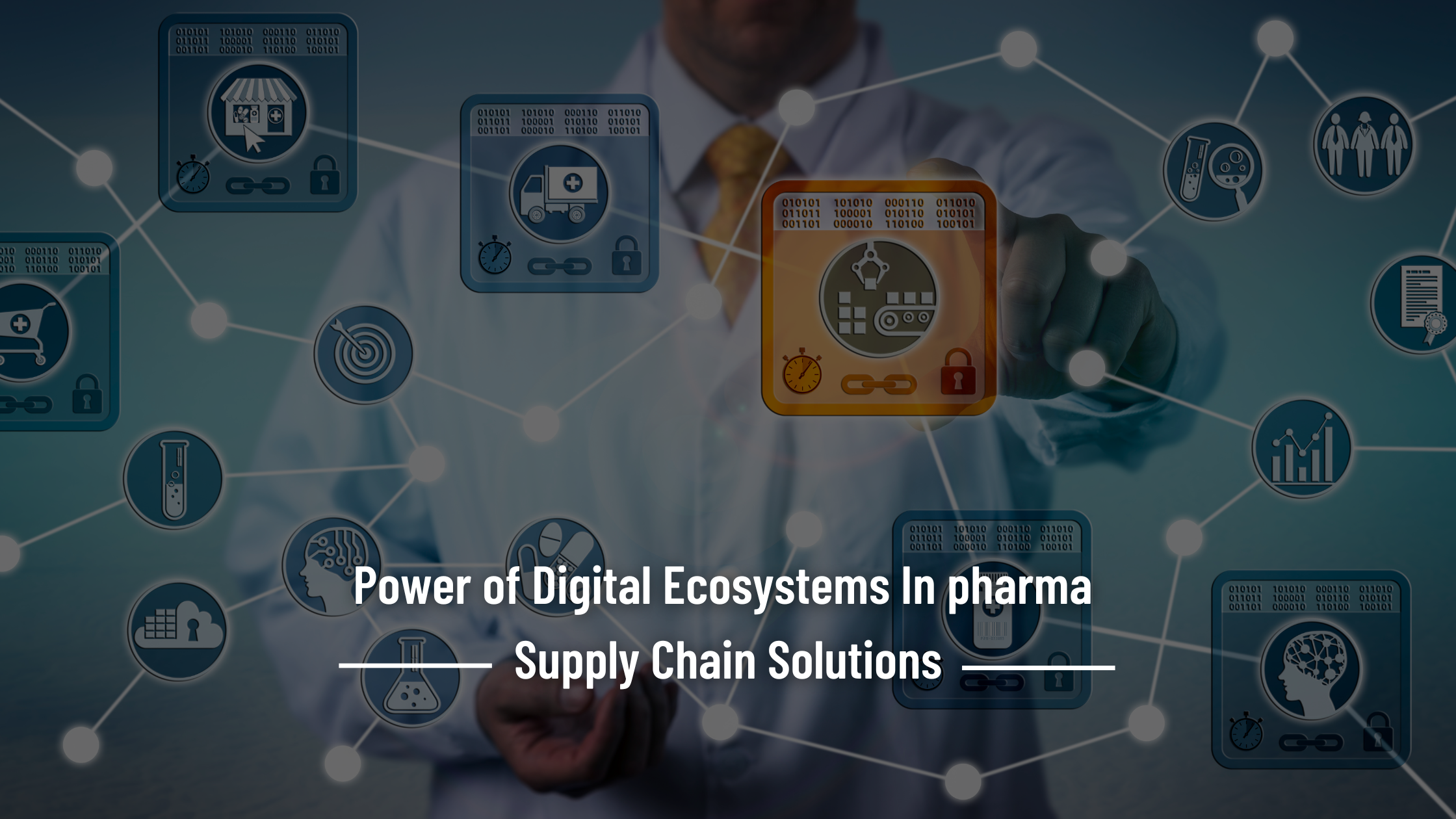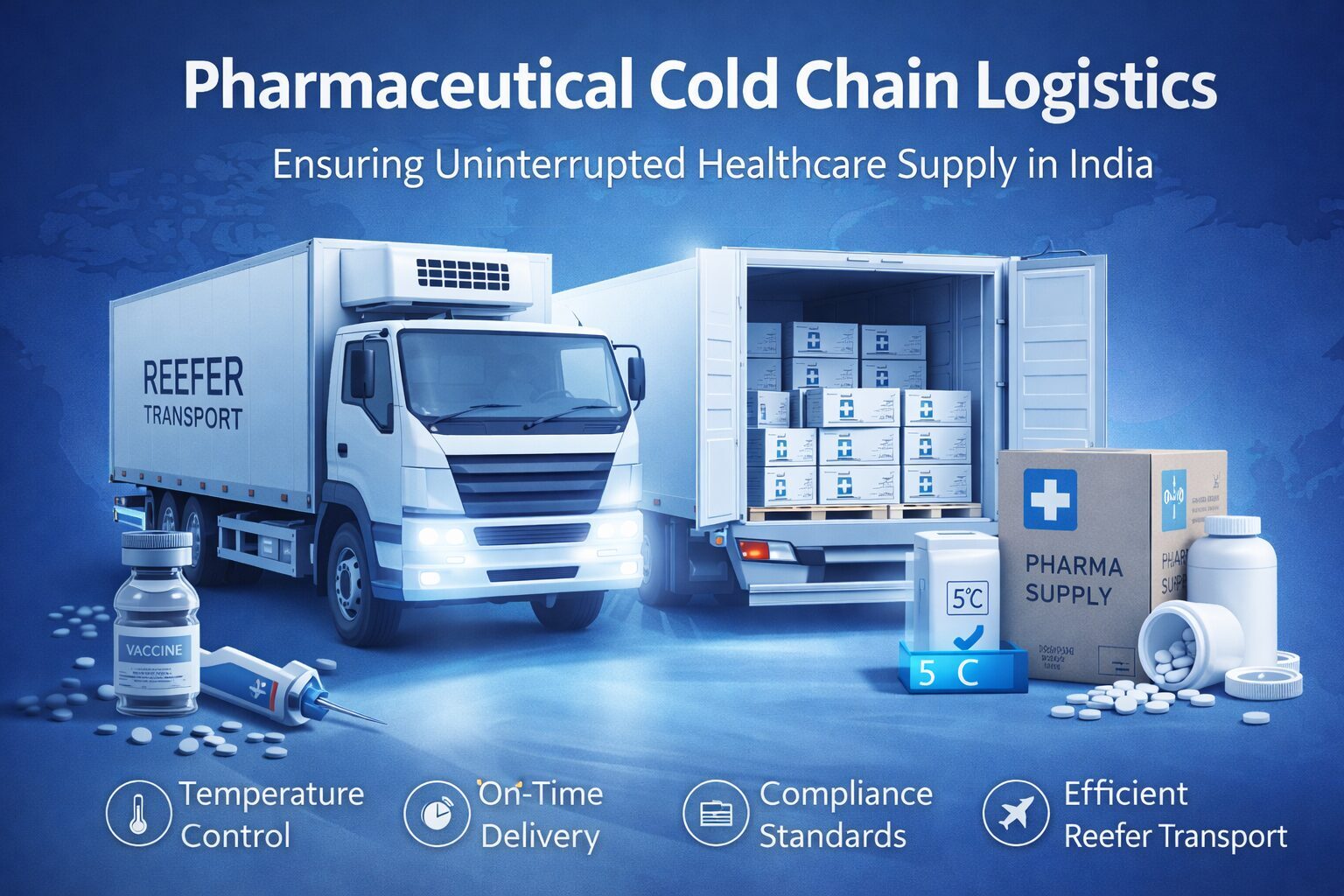Digital ecosystems are playing a critical role in helping pharmaceutical companies survive the pandemic. By leveraging digital solutions to improve their supply chain operations, pharma companies can reduce many of the risks associated with the traditional manufacturing and distribution process. This includes significantly reducing costs, decreasing wait times, and increasing visibility into stock levels.
For example, cloud-based platforms such as Microsoft Azure can provide analytics and insights on the performance of the supply chain, allowing companies to proactively identify issues before they become unmanageable. Pharma organizations can also benefit from artificial intelligence (AI) and machine learning (ML) technologies to automate certain processes, reducing human intervention and errors in the process.
At a recent Microsoft summit, experts discussed how tech giants and the pharma industry are joining forces to create innovative solutions that can help address supply chain vulnerabilities exposed by the coronavirus. With their combined knowledge and resources, these two industries together could be game changers in repairing global manufacturing infrastructure networks – potentially leading us into better days ahead.
The Covid-19 pandemic presented a unique challenge to the already complex network of pharma supply chains. Daniel Carchedi, Senior Director at Microsoft Health and Life Sciences, highlighted how this crisis amplified existing risks while also highlighting blind spots; most notably concerning end-to-end visibility within these networks.
Carchedi recently facilitated a fascinating discussion on how tech giants like Microsoft and Accenture are joining forces with the pharmaceutical industry to bolster supply chain resilience in light of challenges highlighted by COVID-19. Through this collaboration, these companies hope to create more reliable digital ecosystems that can thrive during future disruptions.
O’Halloran highlighted the powerful impact of collaboration between software and pharma companies, outlining how greater transparency can help combat counterfeit drugs while allowing important data to be gathered and scrutinized in innovative ways. By unifying partners across a secure supply chain, thrilling new opportunities are opened up for pharmaceutical progress.
Digital transformation driven by machine connectivity
Digitalization has revolutionized the way machines communicate, collect and utilize data to increase performance. To harness these benefits there must be a blend of central governance for overall management along with local autonomy so operations aren’t hindered. Of course, security is paramount as IT/OT convergence poses new risks that could compromise entire systems in an instant.
For the past year, Datwyler’s engineers have been diligently toiling away on a revolutionary project at their Pregnana facility near Milan. The goal – create an interconnected network of machinery that can take advantage of edge computing technology for quick access and storage capabilities right where it matters most!
Datwyler is developing a comprehensive management system to keep equipment running smoothly and efficiently, even remotely. An app store will allow the standardized deployment of applications like advanced AI algorithms that are able to predict when process parameters may go off-spec before it happens. Finally, engineers can take advantage of the cloud’s power to make smart decisions and optimize processes for optimal performance.
To ensure optimal performance and quality, Rapetti is working to analyze the equipment for comparative purposes. By doing so, they can pinpoint what conditions need to be replicated across all sites in order to achieve consistent excellence.
Disruptive technologies
Artificial intelligence is revolutionizing the pharmaceutical industry, with Datwyler leading the charge. From virtual reality (VR) training to augmented reality (AR) guidance, these cutting-edge technologies are helping operators stay safe and efficient when producing meds in high volume settings. Together they create a powerful new paradigm for ensuring quality healthcare products all over the world!
The digital revolution is also enabling remote patient monitoring and personalized medicine in ways that were never before possible. AI algorithms can detect the slightest anomalies from millions of data points collected over time, which helps doctors more accurately diagnose and treat illnesses. This is especially important during a pandemic when there’s an urgent need to monitor patients from afar with minimal contact.
Conclusion
It is clear that the power of digital ecosystems in improving pharma supply chain operations is immense. Digital solutions provide huge cost savings and improvements to stock levels, wait times, and overall visibility. By working together, tech giants and pharmaceutical companies can create more transparent networks that are better prepared for any future disruptions. In doing so, they will be able to contribute to the development of better medicine, faster processing speeds, and safer supply chains for everyone.






